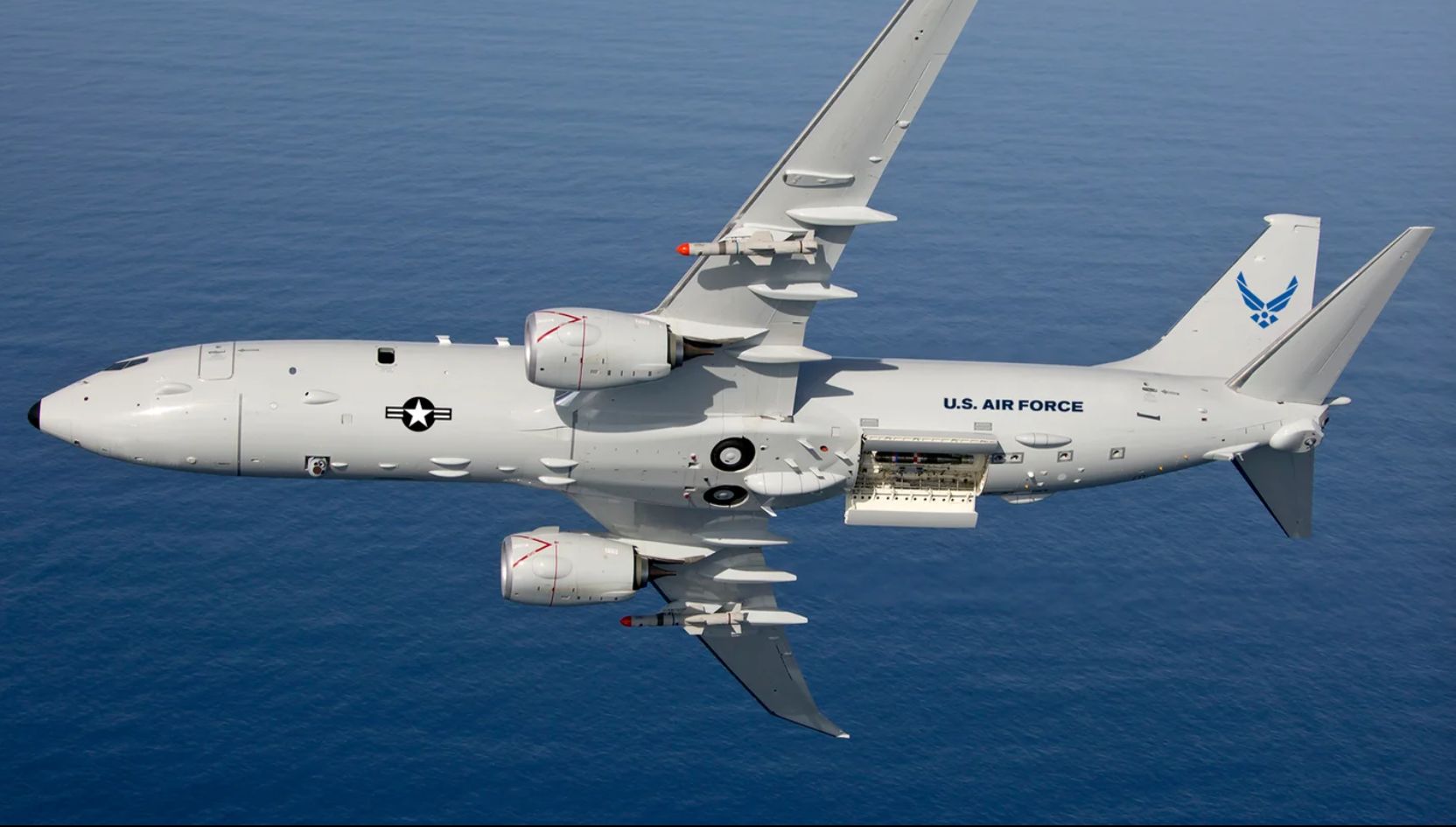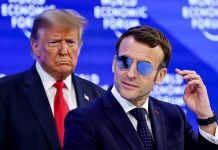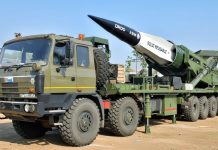The US has reportedly ordered the deployment of 10 F-35 stealth fighters to an airfield in Puerto Rico, an unincorporated US territory in the Caribbean, Reuters reported on September 5, citing informed sources.
The deployment is aimed at conducting operations against designated narco-terrorist groups that are believed to be active in the southern Caribbean.
This may be the first time that advanced stealth fighters are being deployed for an anti-narcotics operation, as the US typically relies on drones and Coast Guard assets to apprehend illegal drug smuggling in the region.
The alleged deployment comes after the US military raised the stakes in the region by blowing up a vessel in the South Caribbean and killing 11 people. The operation was characterized as a narco-trafficking bust against members of the Tren de Aragua gang.
The strike in the Caribbean was “conducted against the operations of a designated terrorist organization and was taken in defense of vital US national interests,” and that it was “fully consistent” with the law of armed conflict, White House deputy press secretary Anna Kelly stated.
However, the legality of the strike has been called into question because drug cartels are typically rounded up by the Coast Guard, not fired upon by US aircraft.
The US officials have been unable to conclusively prove that the people aboard the vessel were involved in the narco trade. A hazy video of the explosion was promptly released by the Trump administration, but it doesn’t demonstrate who was on board, what they were doing, or whether the vessel was carrying drugs.
The US military killed 11 people in a strike on a vessel from Venezuela allegedly carrying illegal narcotics, President Donald Trump said, in the first known operation since his administration's recent deployment of warships to the southern Caribbean https://t.co/3TReR8KwNE pic.twitter.com/0xP9TOu2KF
— Reuters (@Reuters) September 3, 2025
Venezuela has called the strike an “illegal massacre” and accused the US of acting in contravention of international law.
Following the incident, two Venezuelan F-16 fighter jets flew over a US Navy destroyer, USS Jason Dunham, on September 4. The incident took place in international waters.
Two Venezuelan F-16 Fighting Falcon fighter jets buzzed the USS Jason Dunham, an Arleigh Burke-class guided missile destroyer stationed in the Caribbean. pic.twitter.com/a7zxIs7nG7
— Visegrád 24 (@visegrad24) September 5, 2025
”Today, two Maduro regime military aircraft flew near a U.S. Navy vessel in international waters,” the Pentagon said in a statement, calling it a “highly provocative move.” “The cartel running Venezuela is strongly advised not to pursue any further effort to obstruct, deter, or interfere with counter-narcotics and counter-terror operations carried out by the U.S. military,” the statement added.
The presence of F-35 could further escalate tensions between the two sides, and possibly even lead to an engagement between the American F-35 and the Venezuelan F-16.
A Murky War On Narcotics
For years, the Trump administration has asserted that the drug overdose problem in the US is exacerbated by cocaine shipments from Venezuela.
Last month, the President accused Venezuela-backed drug cartels of funnelling drugs into the US, describing President Nicholas Maduro as “one of the world’s largest drug traffickers, the head of the Cartel of the Suns, and a threat to US national security.”
This was followed by a large naval buildup by the US in the region, including seven warships, among them three guided-missile destroyers and a Ticonderoga-class cruiser.
Additionally, an amphibious group was believed to be on station with more than 2,200 Marines aboard, and at least one nuclear-powered attack submarine is believed to be operating in the area. US officials have also confirmed that P-8 patrol aircraft are conducting intelligence missions while flying over international waters.

The Trump administration has charged the Tren de Aragua, which was declared a terrorist organization, of serving as a front for the Maduro government.
Additionally, the US Treasury named Cartel de los Soles as a Specially Designated Global Terrorist organization in July, claiming that Venezuelan leader Nicolás Maduro has been in charge of the network for over ten years. The White House has since repeatedly warned that all of America’s resources would be used to prevent the entry of drugs into the nation.
The US justifies its military buildup as a requisite to target Latin American drug cartels that use the Caribbean as a transit corridor. While the US Navy and Coast Guard have long maintained a presence in the Southern Caribbean, this is one of the largest American buildups in the region in recent years, and it quickly set off a chain of political reactions in Washington, Caracas, and across Latin America.
Refuting the accusation levelled by the US administration, Maduro has launched a counter-military buildup in the region.
The Venezuelan President, who has long been locked in tensions with the US, has accused the US of attempting a regime change in the country and warned that his country would respond with an “armed fight” if it were attacked by the US military.
He announced the mobilization of 4.5 million militia members, urged civil defense training each week, and filled state television with enlistment appeals.
Several observers believe that the US military buildup is not just focused on combating drug use, and allege that the buildup is likely an attempt to exert pressure on and, perhaps, overthrow the Caracas government.
This assertion is based on the fact that the US has not presented conclusive evidence of the Venezuelan leader’s alleged role in international drug trafficking. Moreover, Venezuela is not a cocaine-producing country, according to the United Nations Office on Drugs and Crime (UNODC).
The unilateral military action could have far-reaching implications that could further cause unrest. Security experts caution that nations like Ecuador, Peru, and Colombia, which are fighting to stop drug flows on the Pacific corridor, may face major, unforeseen repercussions if American ships concentrate on Caribbean trafficking routes.
“What’s going to happen is that, by blocking this Caribbean corridor, drug traffickers will avoid continuing to transport drugs through that route, because it’s more dangerous, and they’ll incur greater losses. They’ll redirect the flow of drugs,” former Ecuadorian Army Intelligence chief Mario Pazmiño recently told CNN.
Despite the suspicions over its motives and the legitimacy of its actions, the US is expected to continue its operations against the ‘so-called’ drug cartels. The US Defense Secretary Pete Hegseth defended the latest strike and promised that similar actions will continue, pointing to the danger that illegal drugs represent to American public health. Thus, conveying that the tensions are likely to see a surge, they start to taper off.
- Contact the author at sakshi.tiwari9555 (at) gmail.com
- Follow EurAsian Times on Google News




